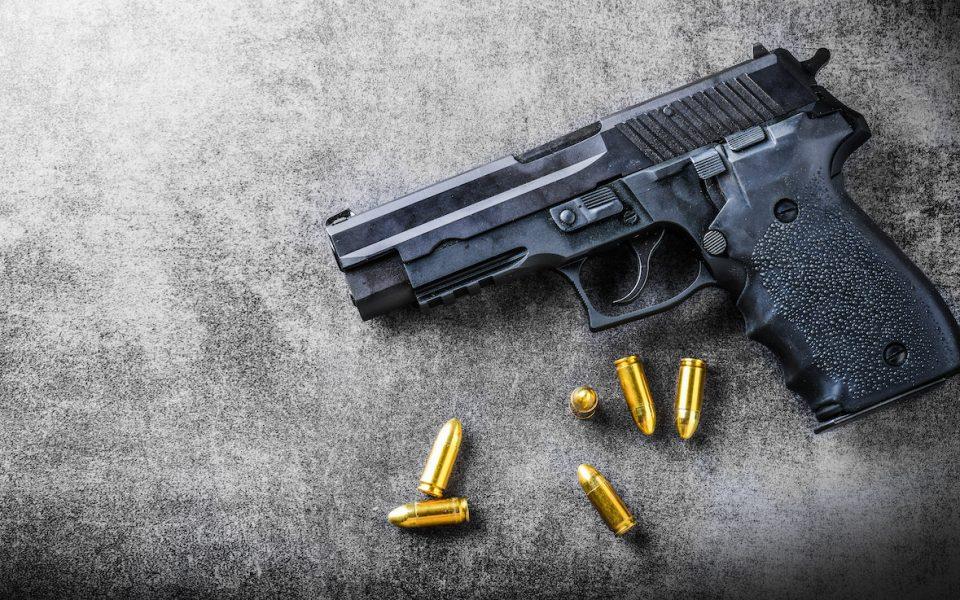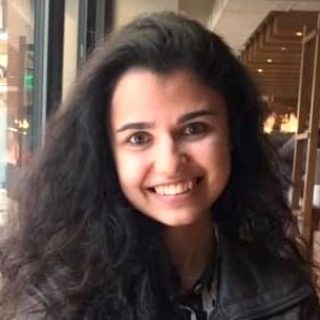Gun violence across the country is out of control.
Everytown, the largest gun violence prevention organization in the United States, reported a record number of back-to-school shootings in 2021, 30 between Aug. 1 and Sept. 15. One of those shootings was at Mount Tabor High School in Winston-Salem, where one student died, and another was Parkland High School, where there were no fatalities and where the Mount Tabor shooter was a student.
Since the Mount Tabor shooting on Sept. 1, authorities have found handguns at multiple schools in Forsyth County including RJ Reynolds High School, Parkland High School and Mount Tabor High School in addition to three BB guns found at Paisley IB Magnet School.
The wave of gun violence is not restricted to schools, either. Local mothers, like Evette Wooten and Lisa Scott, spoke with WXII and the Winston-Salem Journal about losing family to gun violence. Additionally, the Forsyth County Juvenile Crime Prevention Council approved $940,000 for the 2021-22 fiscal year to reduce and prevent crime among juveniles through intervention programs.
Enter Cure Violence, an international organization dedicated to stopping gun violence by detecting and interrupting conflicts, identifying and treating the highest-risk individuals and changing social norms.
Winston-Salem is becoming the third North Carolina city to partner with the program, after Durham and Greensboro. As noted in a previous TCB article, Greensboro’s branch became a reality in 2019, when city council voted unanimously to give the program $500,000. The Winston-Salem branch is being set up by the city and will likely launch in 2022.
Gary Slutkin, the former head of the World Health Organization’s Intervention Development Unit, founded Cure Violence in the mid ’90s. Slutkin saw, based on the maps and charts, that gun violence looked a lot like the epidemics he was familiar with.
“Violence is a behavior and behavior is contagious,” said Charles Ransford, senior director of science and policy at Cure Violence. “A lot of the time when you’re dealing with a pandemic, it’s about behavior, like mask wearing.”
Slutkin started in Chicago and saw a 67 percent drop in shootings within the first year. His intersectional approach of finding people jobs and mediating conflicts proved to work.
“You don’t threaten people,” said Ransford. “It doesn’t work as well as when you support them. This is what he’d been doing with AIDS.”
Cure Violence’s policy is to talk to people in each individual community they work in to find specific needs, whether it’s housing, jobs, mediation or something else. They work with organizations already in the community like H.O.P.E. Dealers Outreach in Winston-Salem. Frankie Gist founded H.O.P.E. in 2012, after Trayvon Martin’s murder. The organization combats police brutality and gun violence by offering educational programs, back to school drives and hosting protests in Winston-Salem.
“I love what [Cure Violence is] doing,” said Gist, who is the CEO of H.O.P.E. “It’s needed. I do believe in the positive impact they’re making. When they’re coming into my city, before they start one-on-one training, they need to sit down with boots on the ground individuals to figure out the true problems.”
Gist was born and raised in Winston-Salem and has seen the city’s problems with gun violence firsthand.
“I grew up in a good household, but my family was connected to the streets,” he said. “At 16 I was looking at three years in prison. I’d joined a gang and got three charges in three months. After getting in that trouble, I turned my life around.”
Like the people at Cure Violence, Gist sees a need for a more intersectional approach.
“It’s deeper than gang violence,” he said. “There are a lack of programs for these young people. There’s a lack of funding to cater to their needs. These kids grew up without a father. They grew up in a house where gangs and drugs and guns were the norm. They grew up in a neighborhood where these things were happening around them.
“My organization, we’ve been working tremendously hard to tackle gun violence,” he continued. “I won’t say we changed it, but we gave our community the tools to change themselves. We won’t be able to save the world or even the city of Winston-Salem, but if we reach those few and those few reach more, we’ve done our work.”
Ingram Bell, the program manager at the Greensboro branch, is thrilled to see Winston-Salem create its own branch in addition to the ones in her city and Durham.
Bell, a lifelong activist who herself was a victim of gun violence, is a firm believer in the Cure Violence model. Greensboro’s branch works with people who are associated with gangs or have committed gun violence. The people at the organization help them find jobs and mediate conflicts between gang members to avoid retaliation.
“Once Winston-Salem gets up and running, we’ll help them,” she said.
Bell believes part of why Cure Violence is so effective because they know where to go. Many of the people working with them have current or former ties to gangs, so they have ins with the community they are working with in a way that police do not.
The Durham branch was the first in North Carolina, and organizer there came to Greensboro to help Bell and the others set up their branch. Bell plans to do the same once the Winston-Salem branch gets going.
“I’m excited that Winston-Salem has taken this step and implemented Cure Violence,” she said. “It’s needed in every city. It works.”
Join the First Amendment Society, a membership that goes directly to funding TCB‘s newsroom.
We believe that reporting can save the world.
The TCB First Amendment Society recognizes the vital role of a free, unfettered press with a bundling of local experiences designed to build community, and unique engagements with our newsroom that will help you understand, and shape, local journalism’s critical role in uplifting the people in our cities.
All revenue goes directly into the newsroom as reporters’ salaries and freelance commissions.


[…] and in Winston-Salem (No. 78), and this was reflected in a spike in school shootings in 2021. A record number of school shootings occurred nationally between August and September, which included shootings at […]